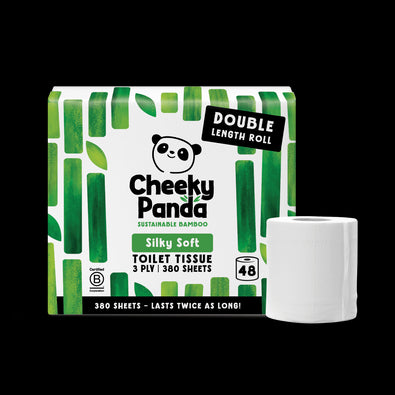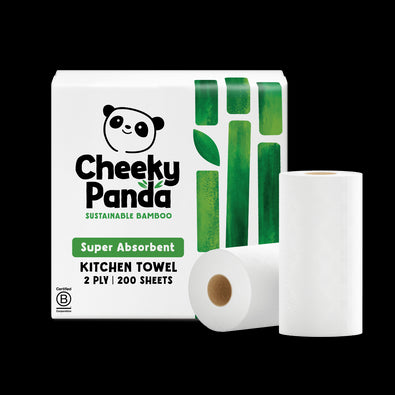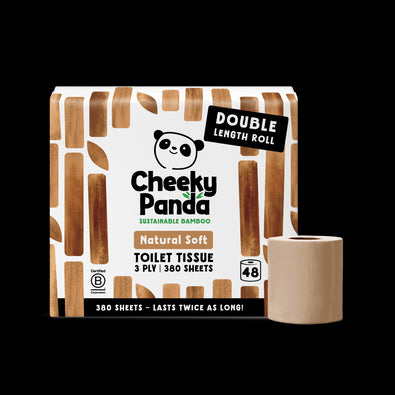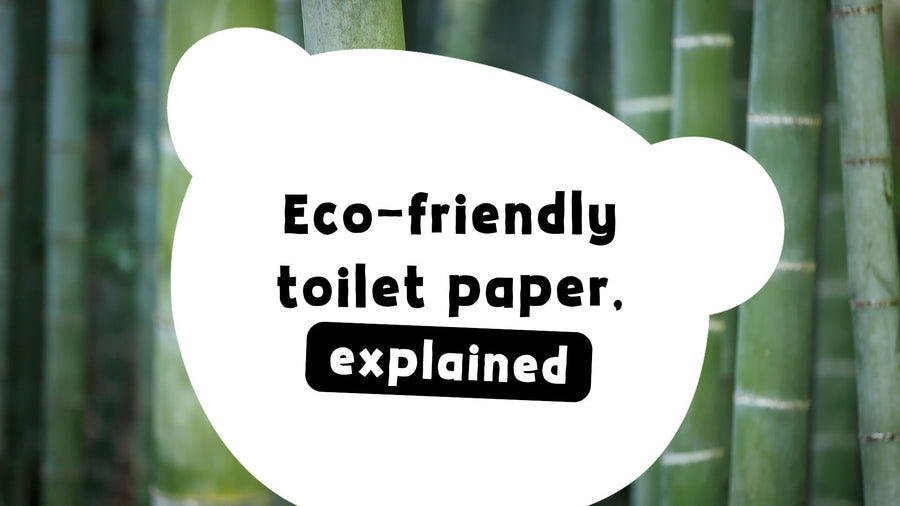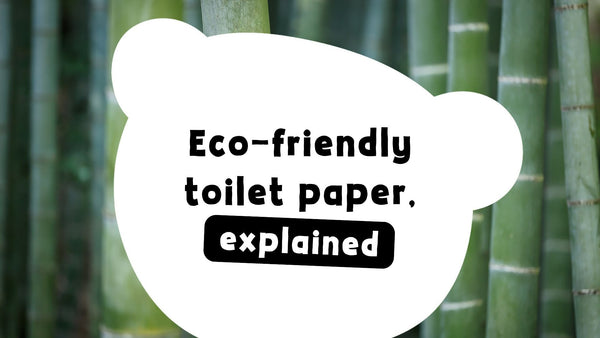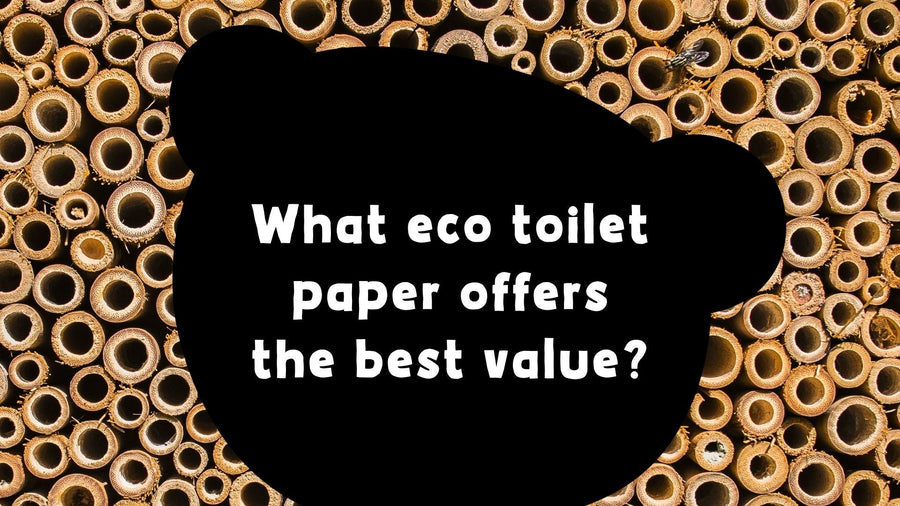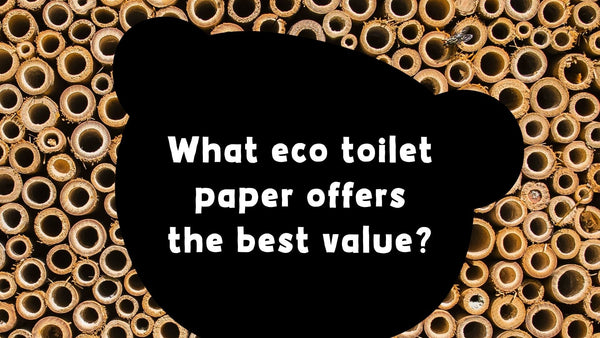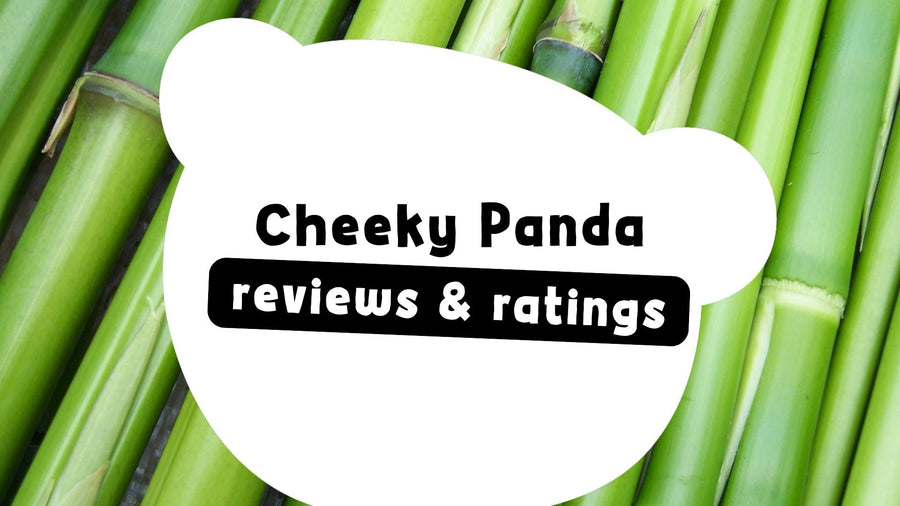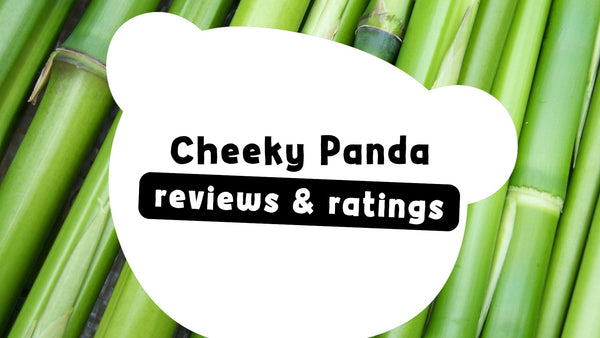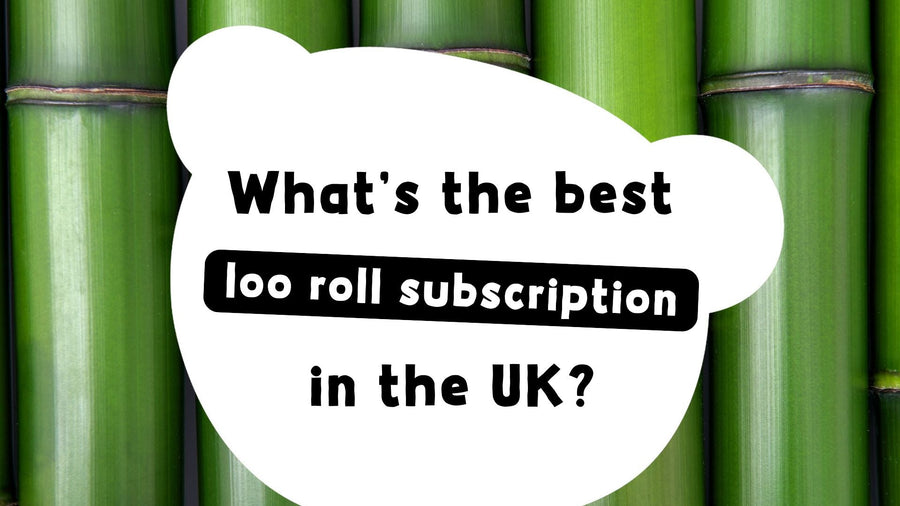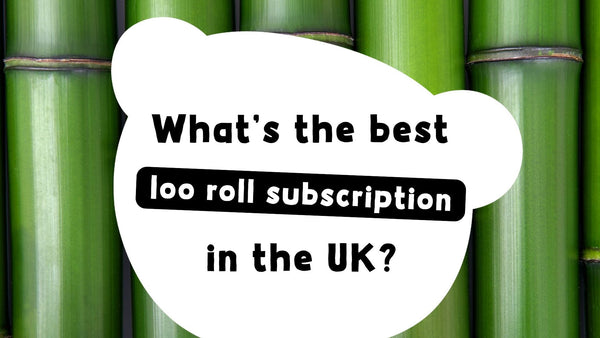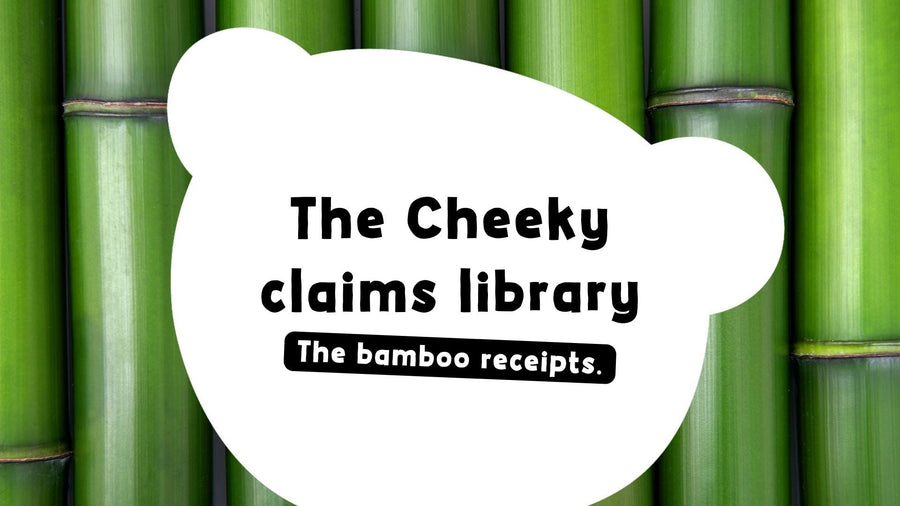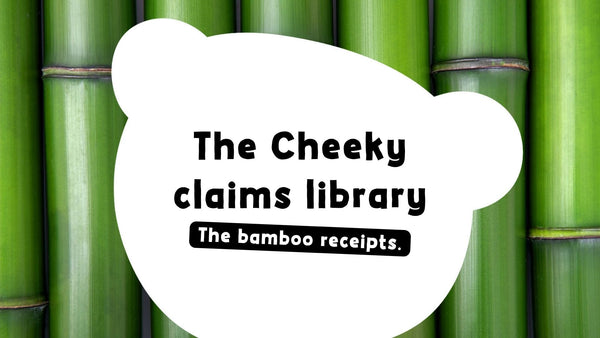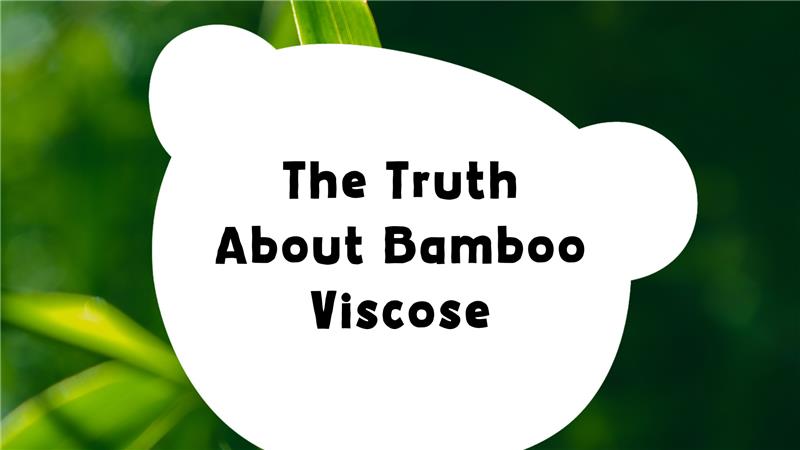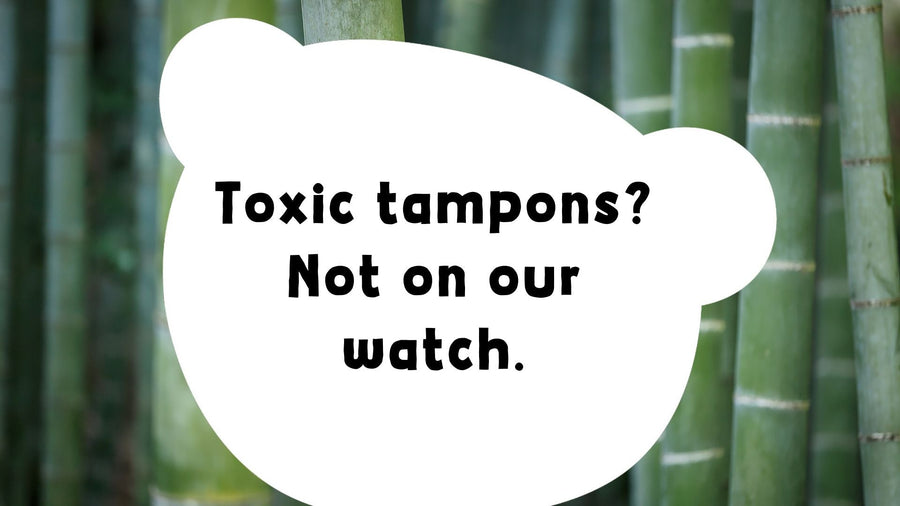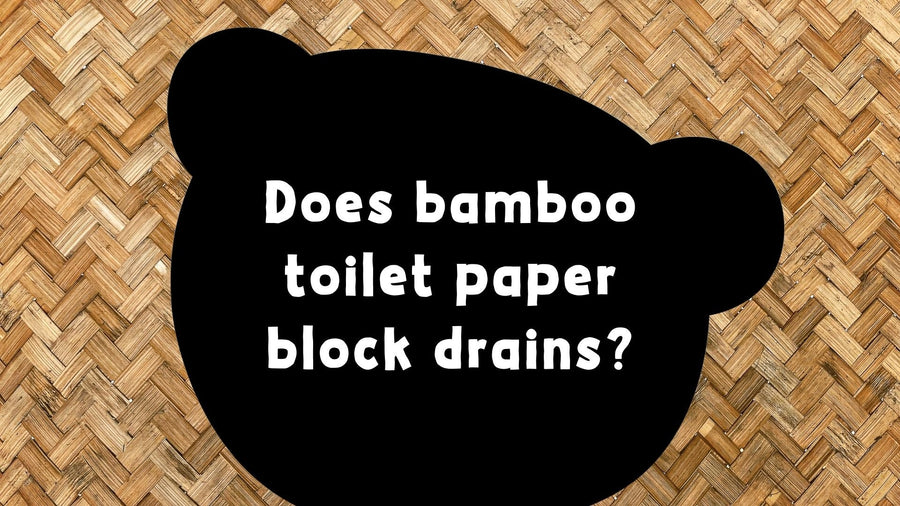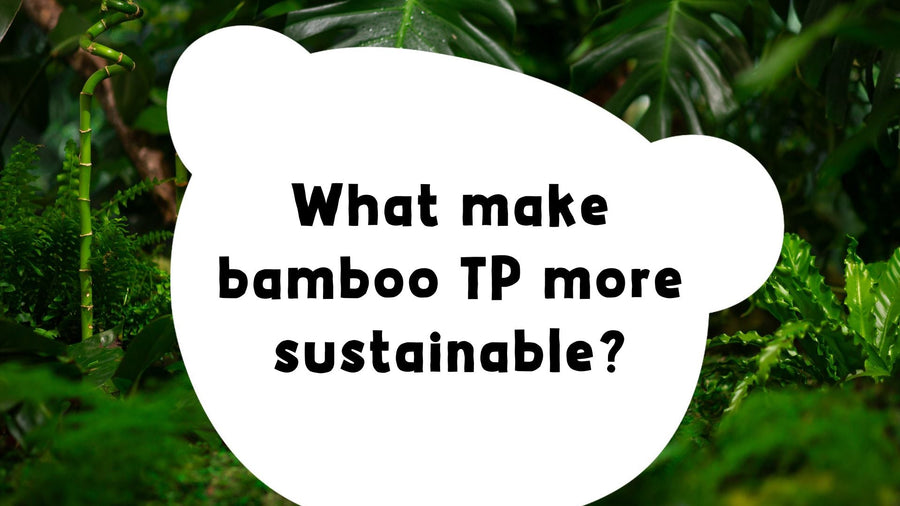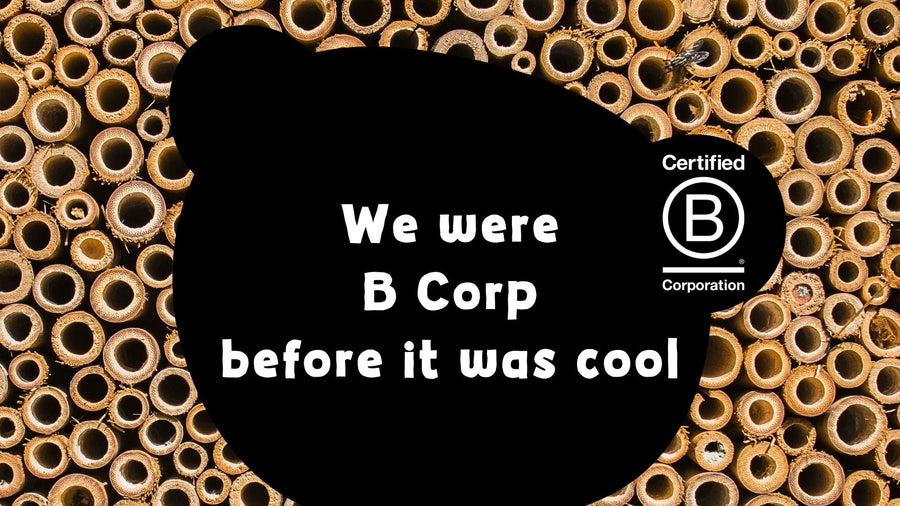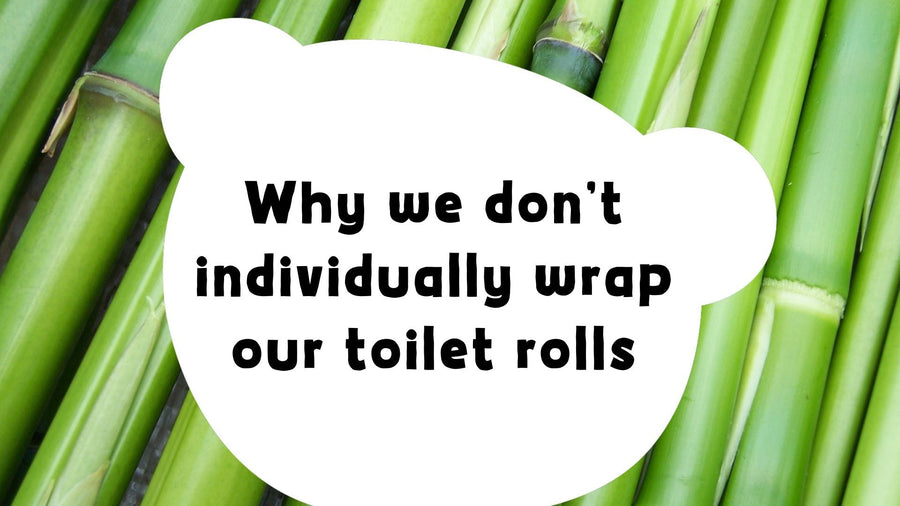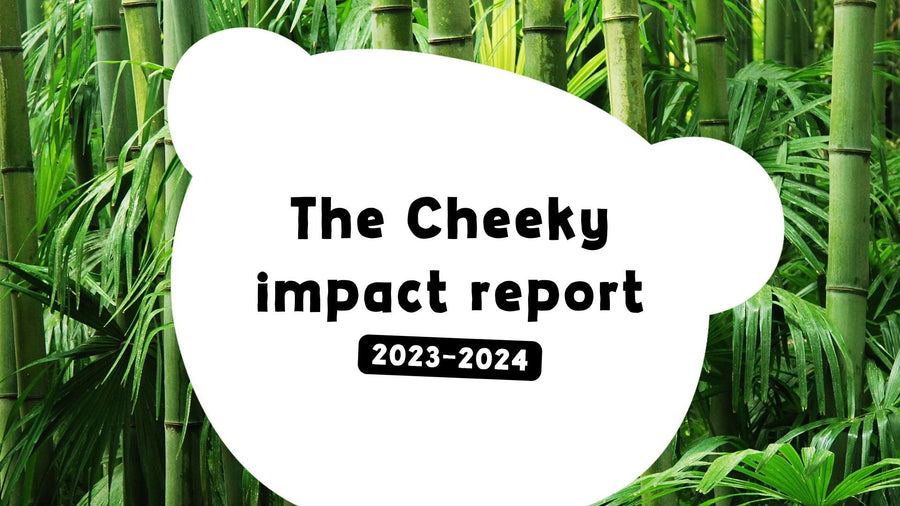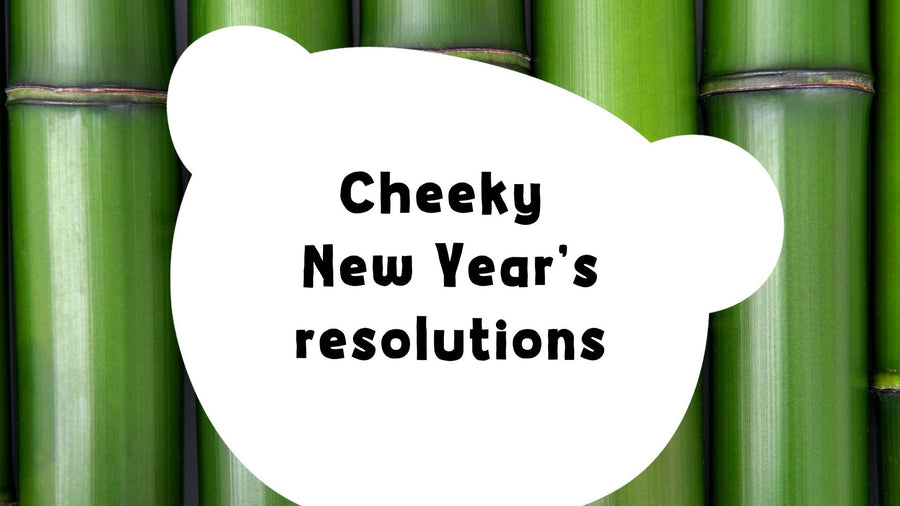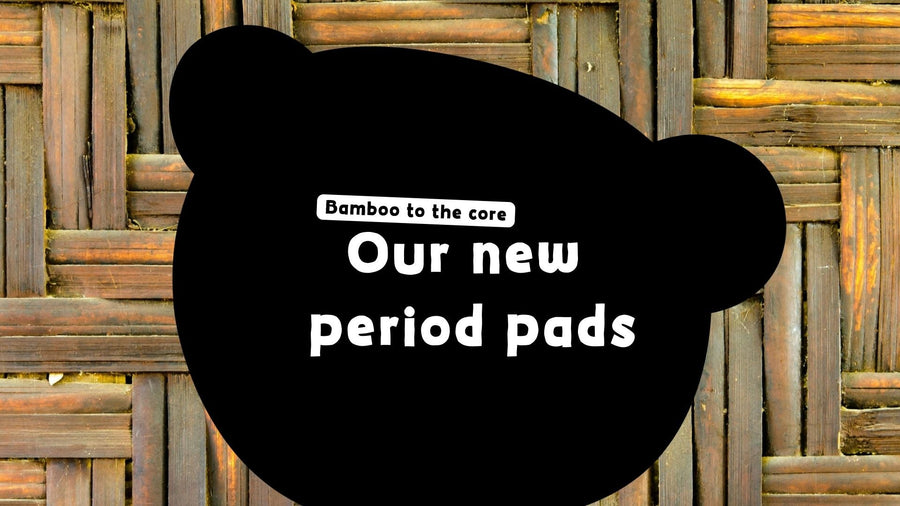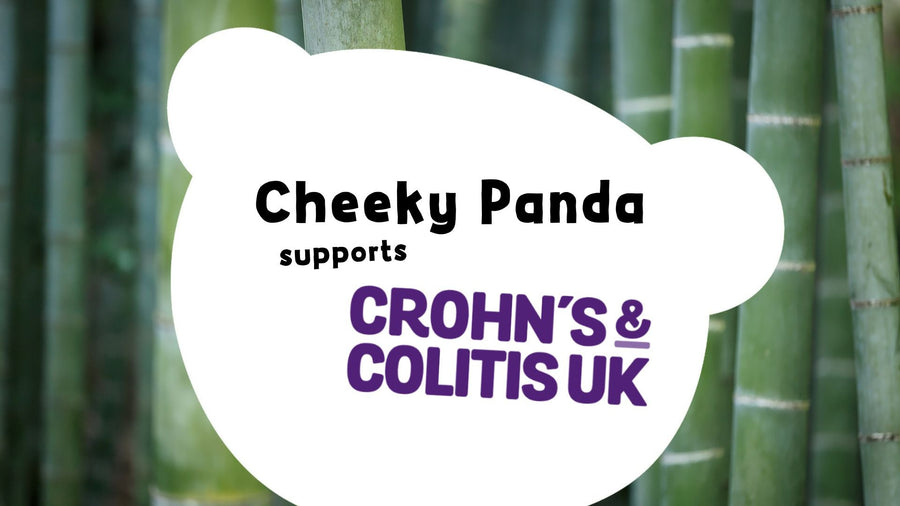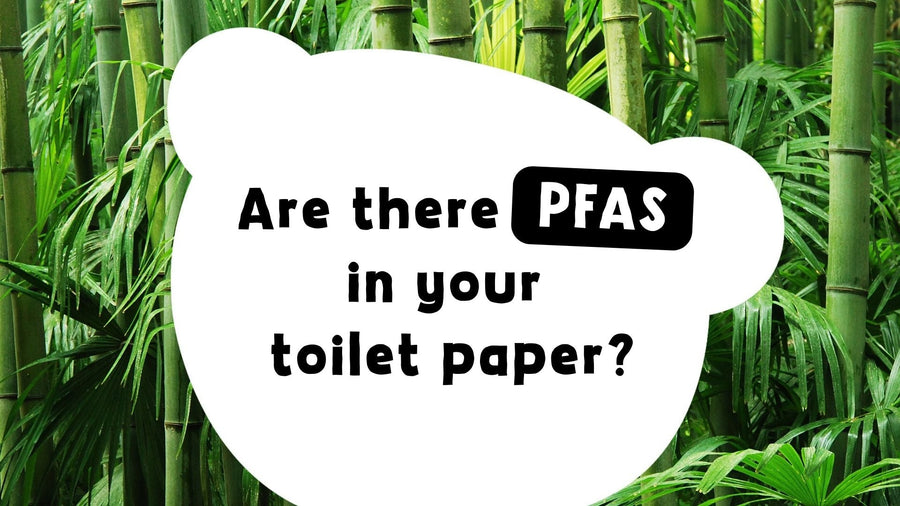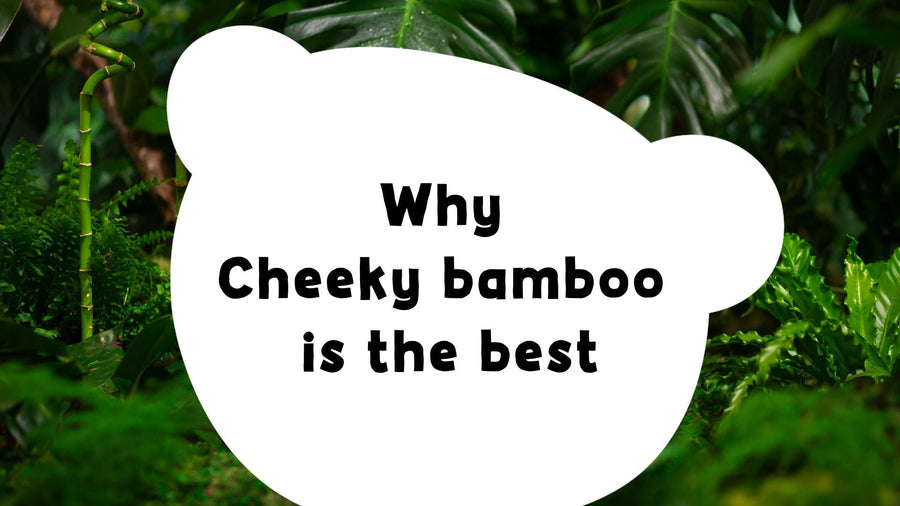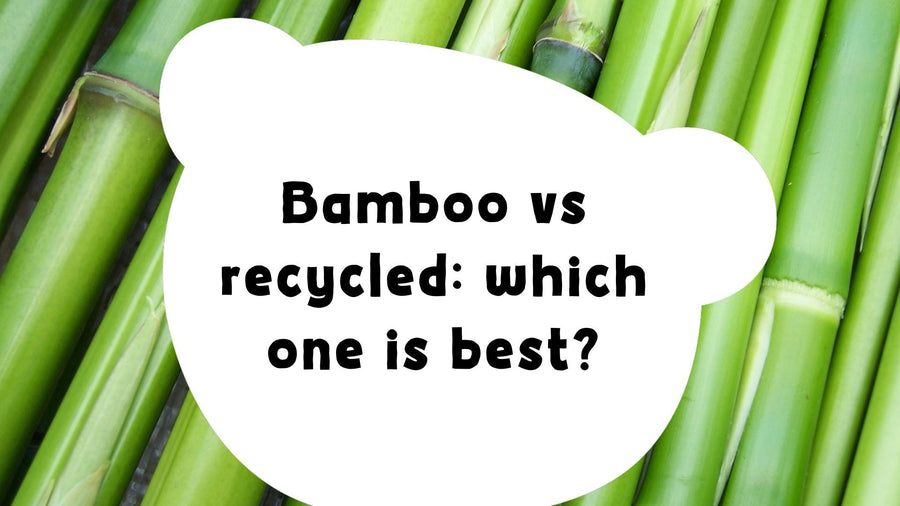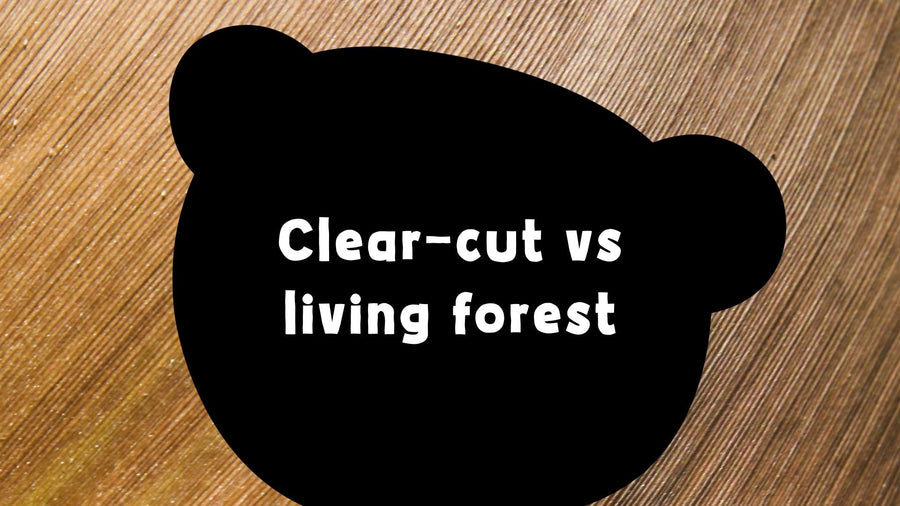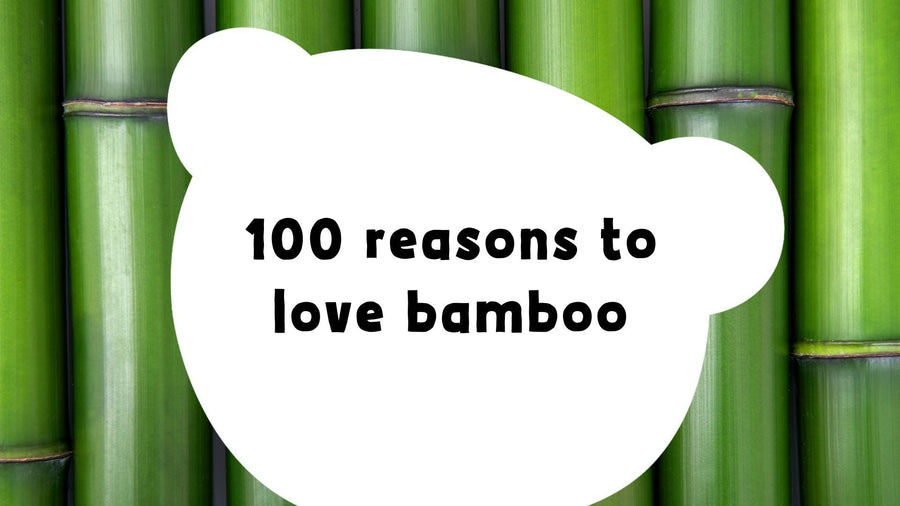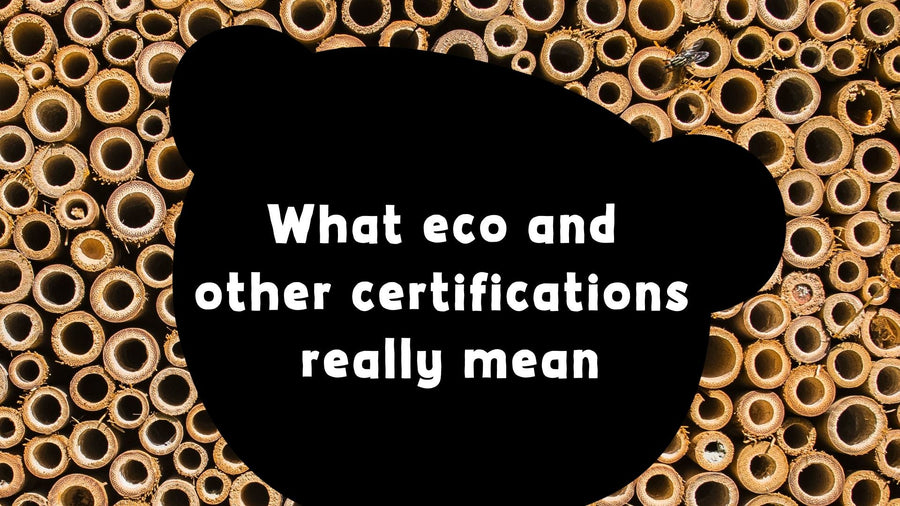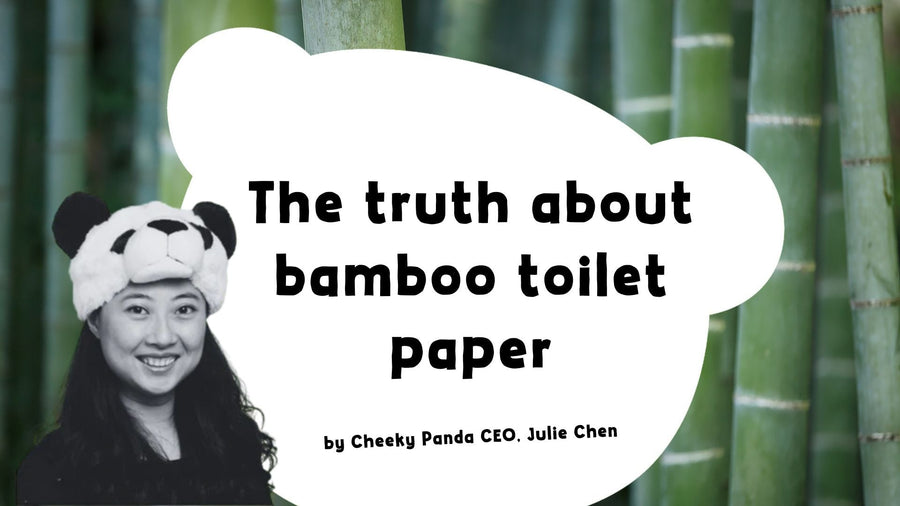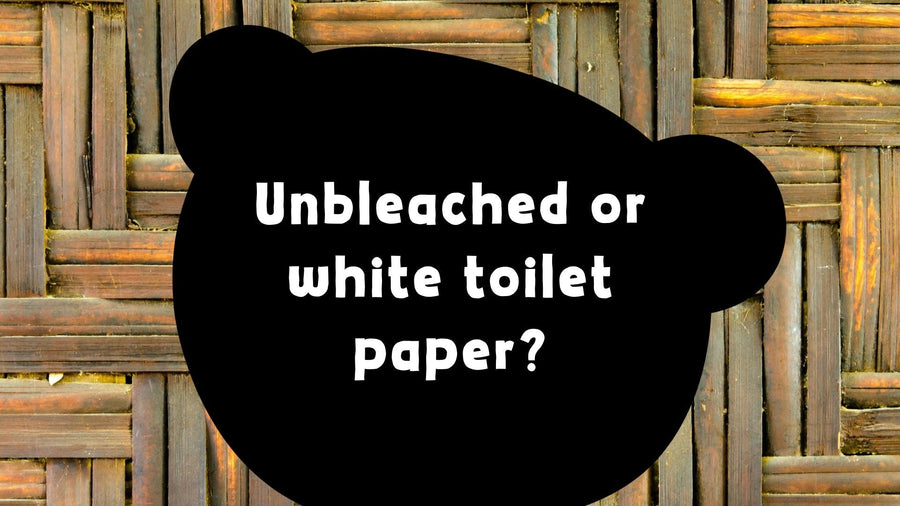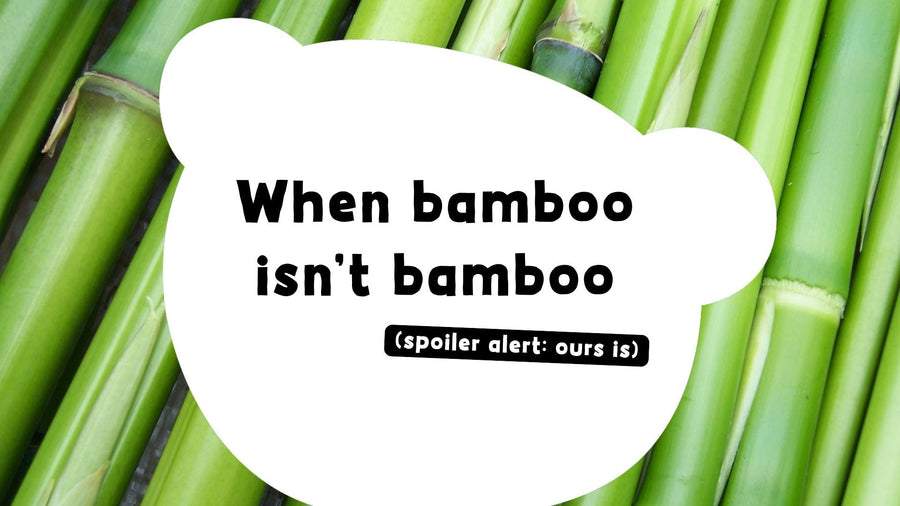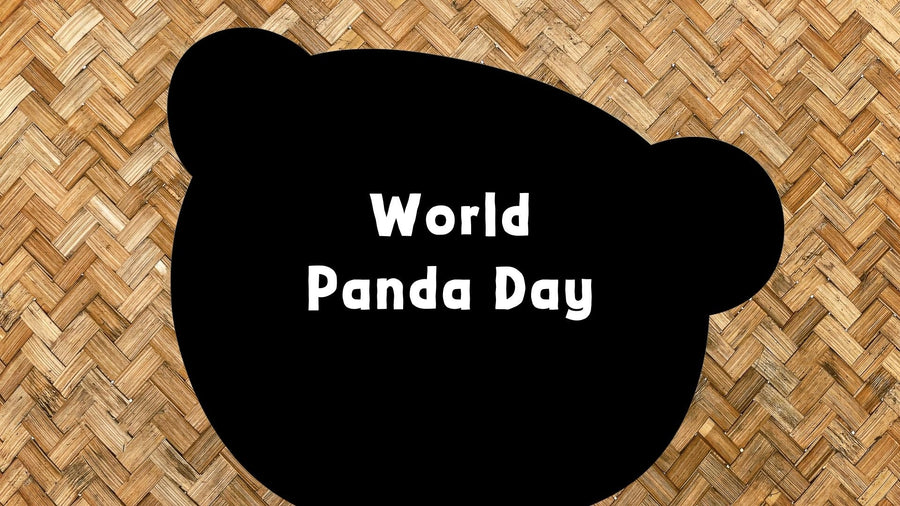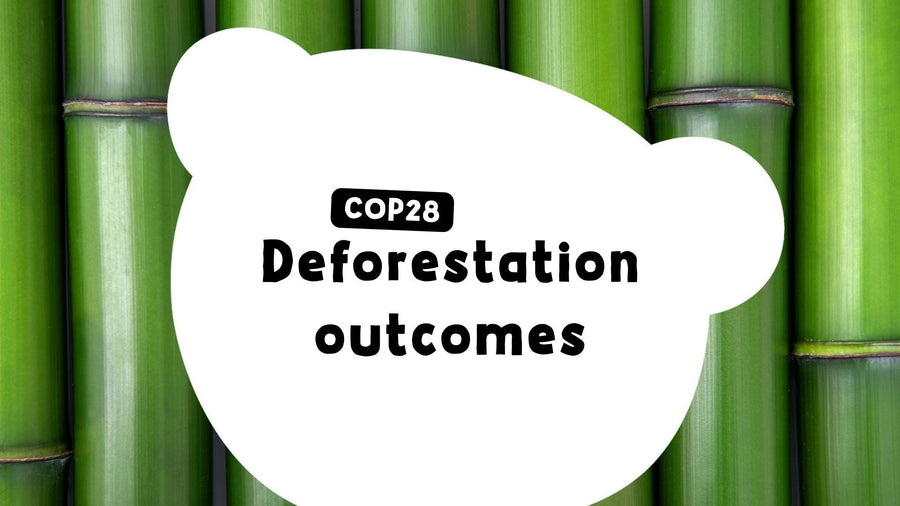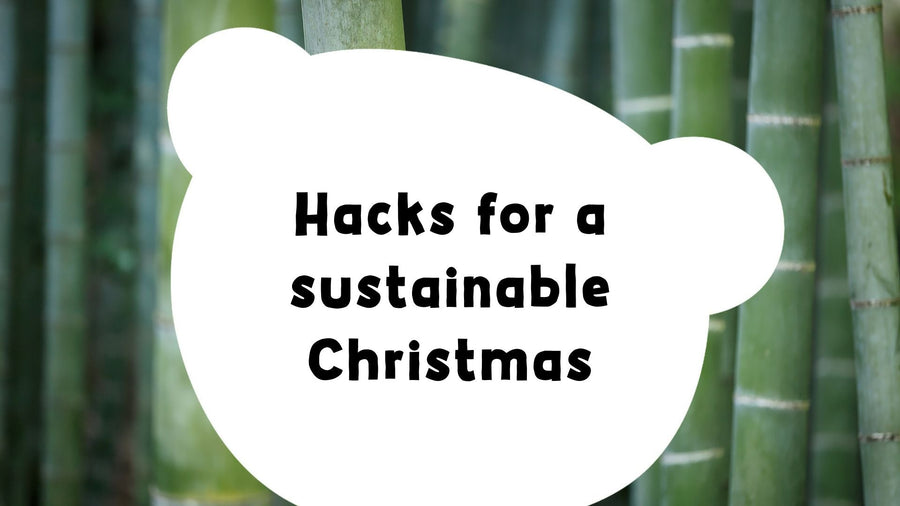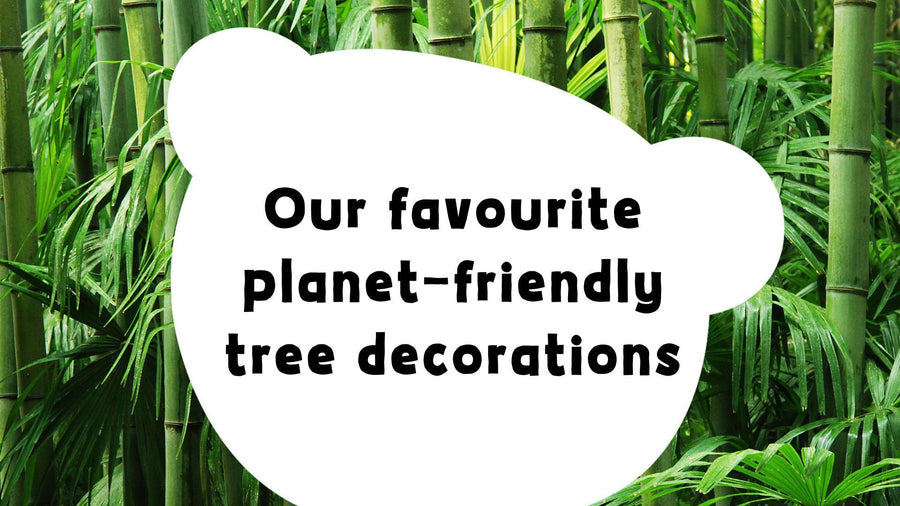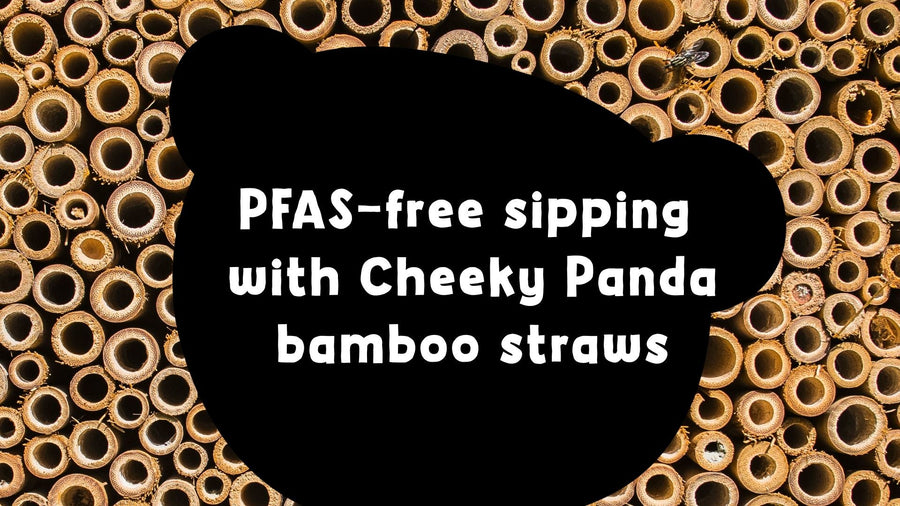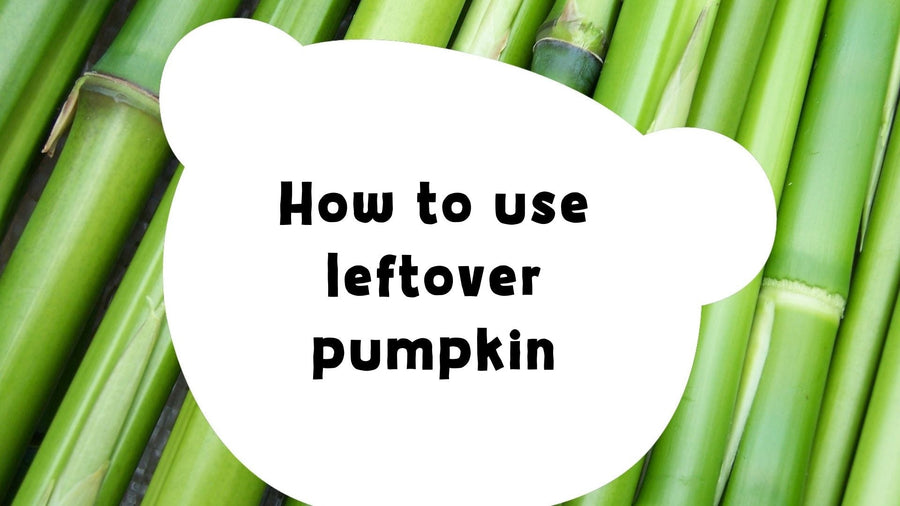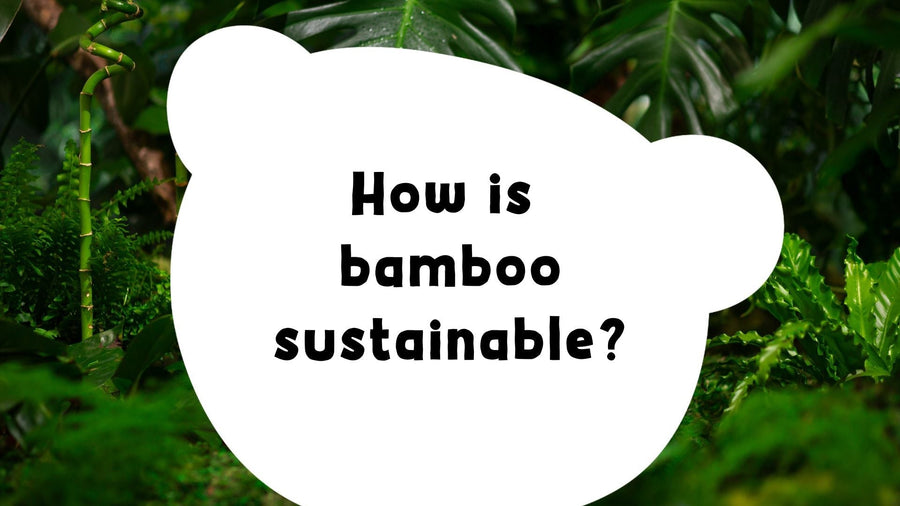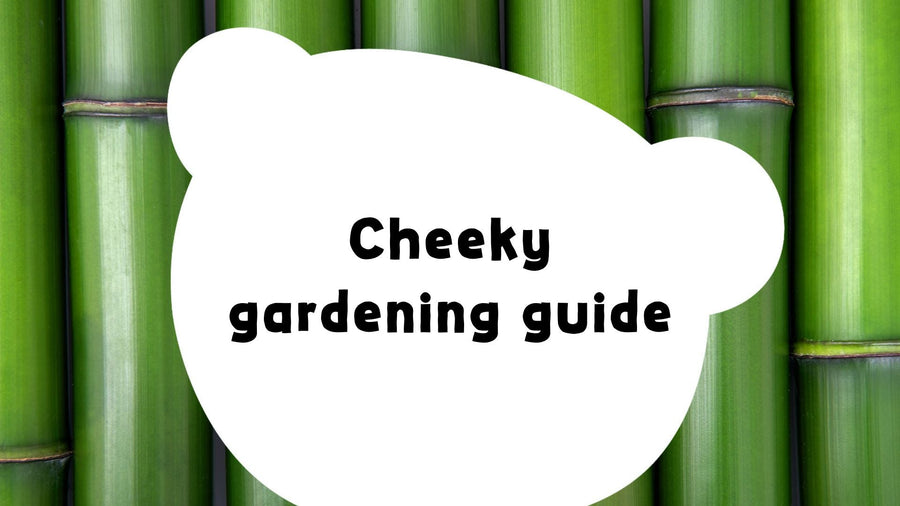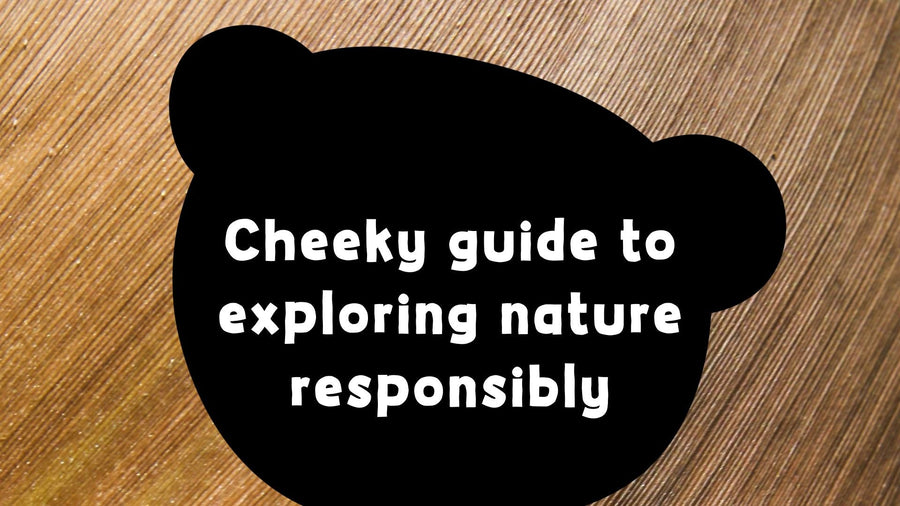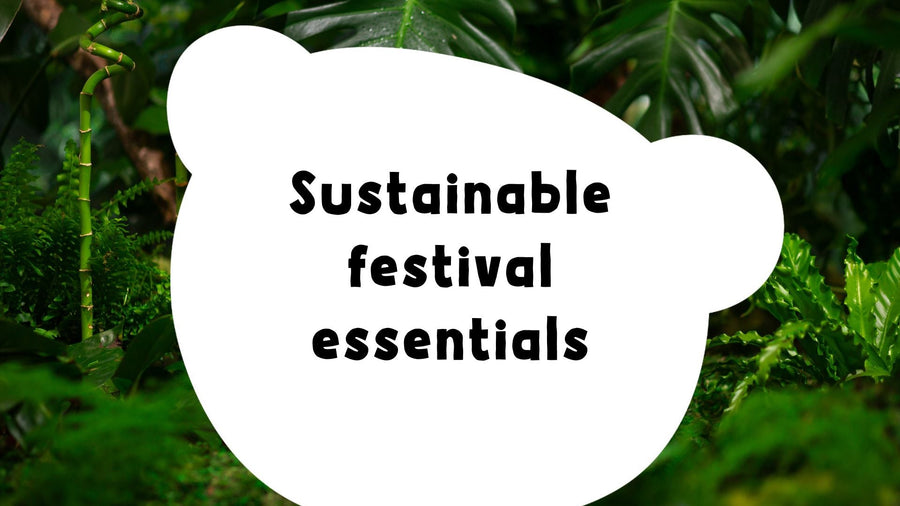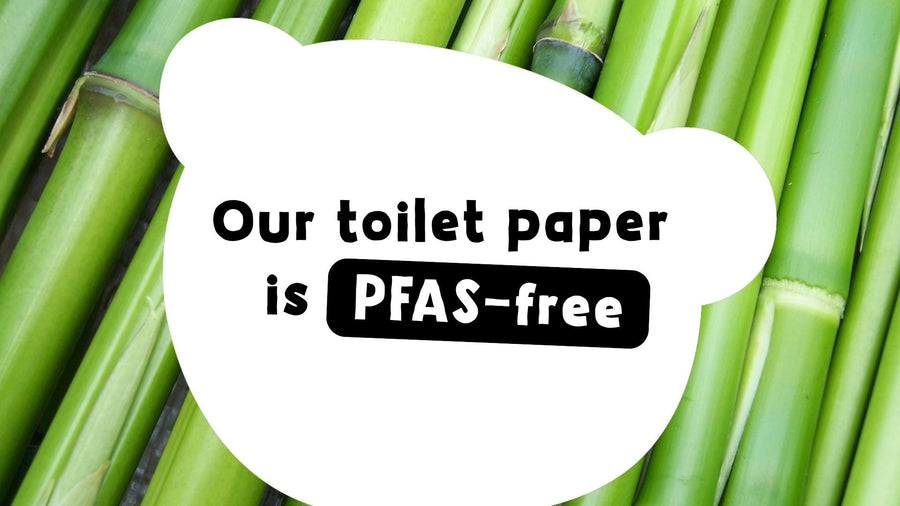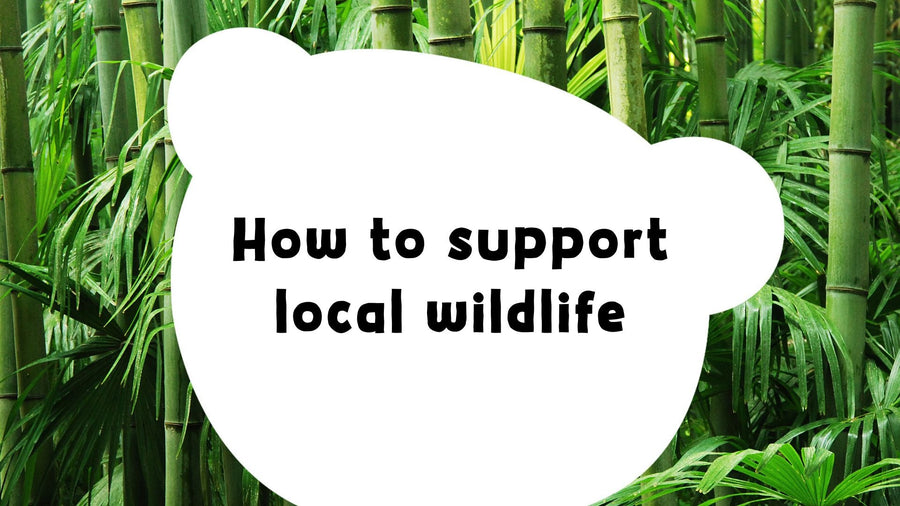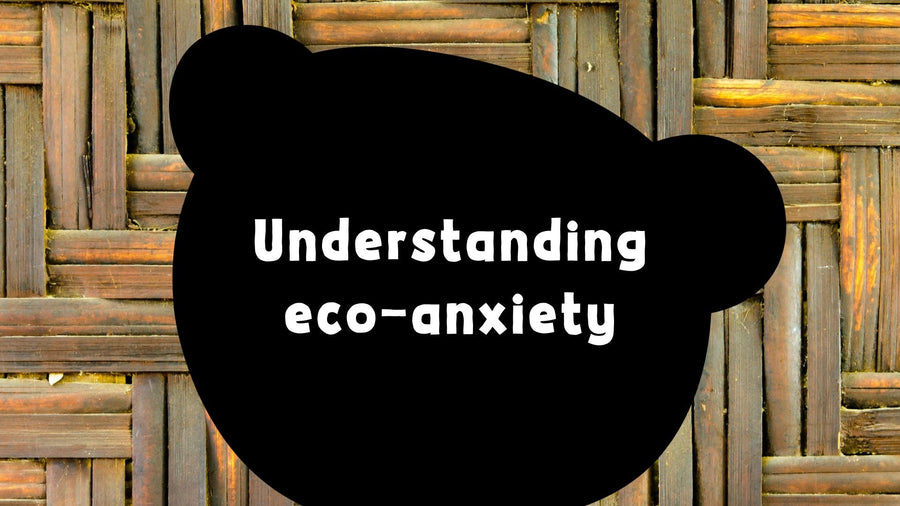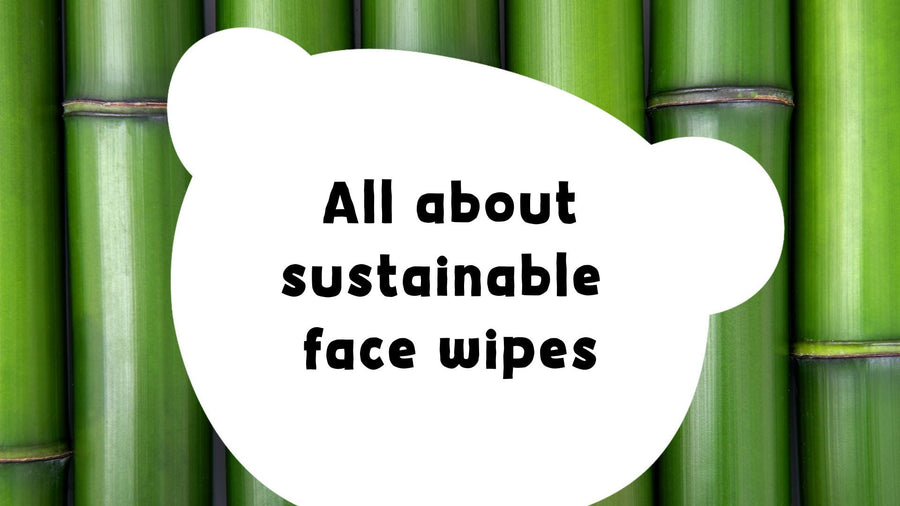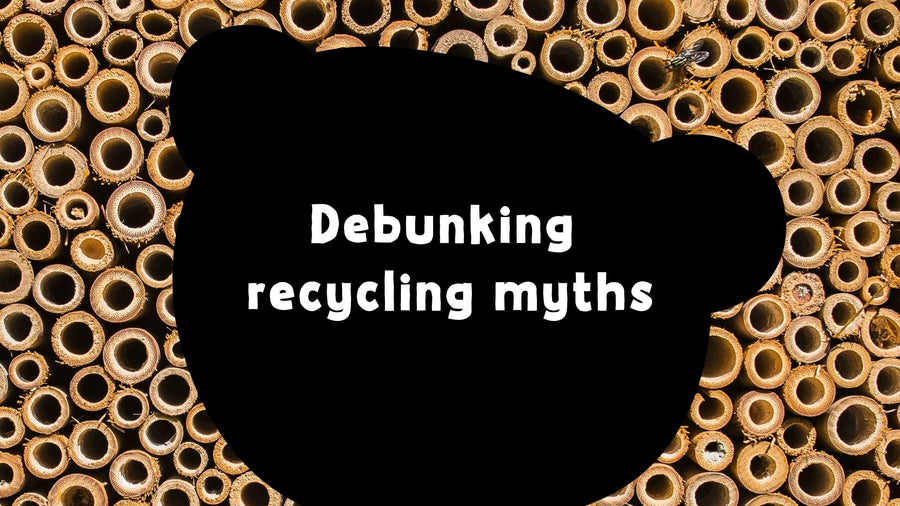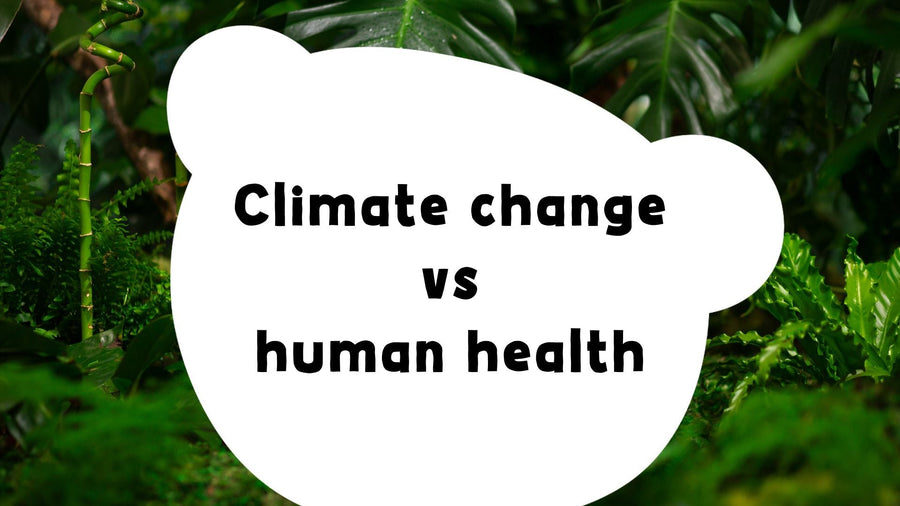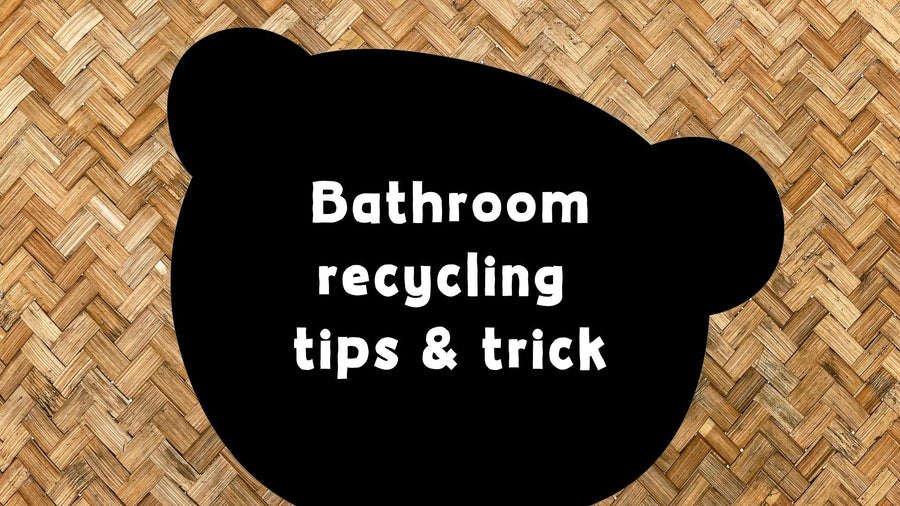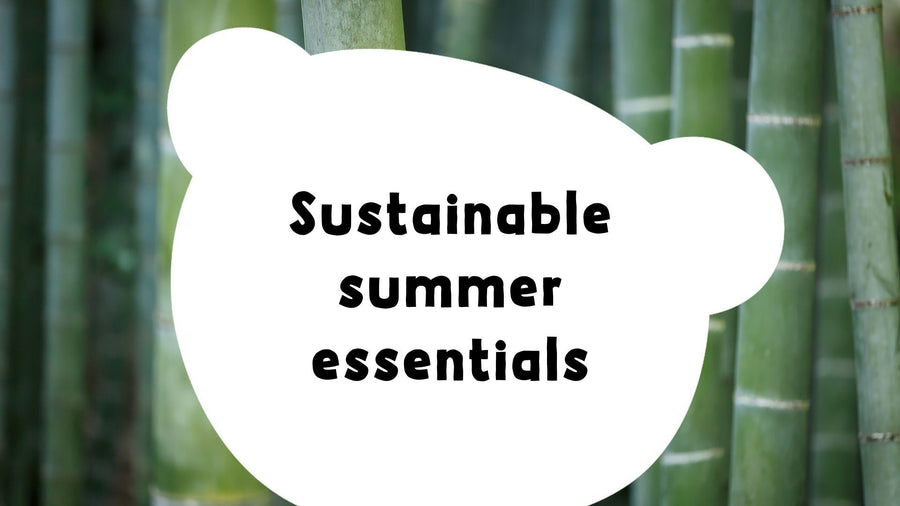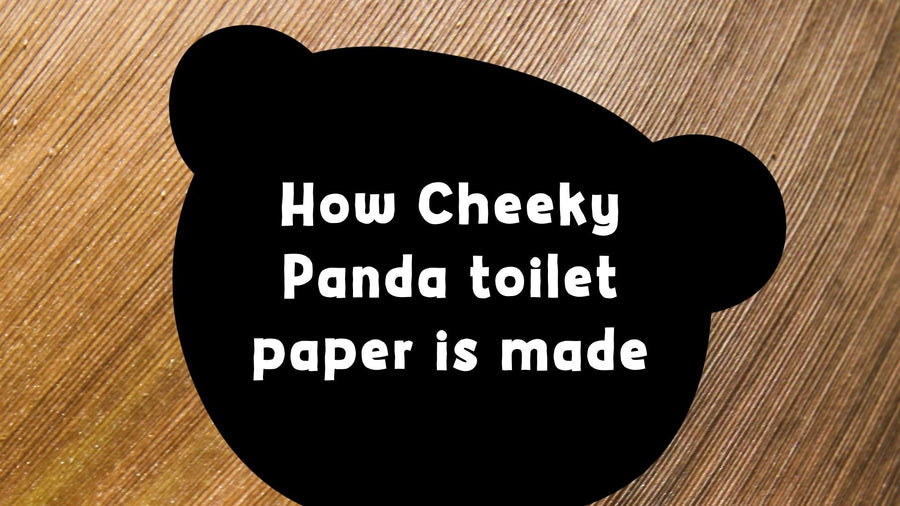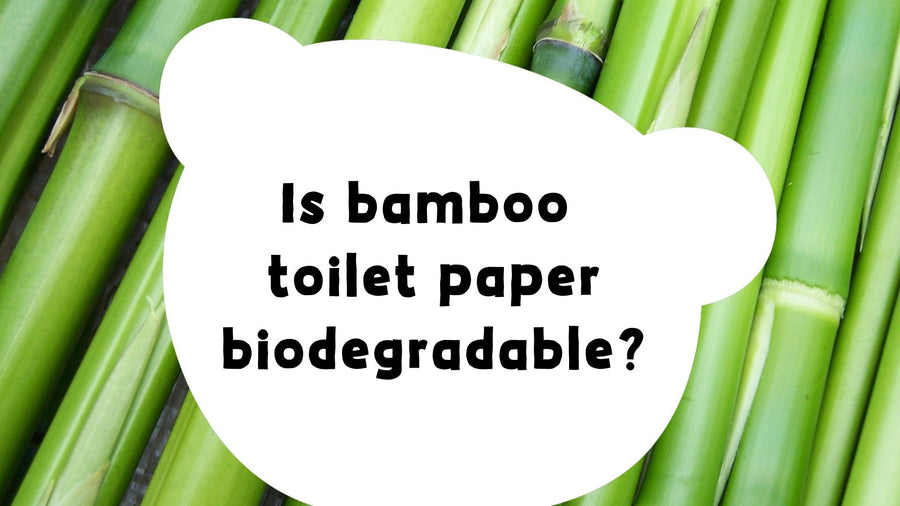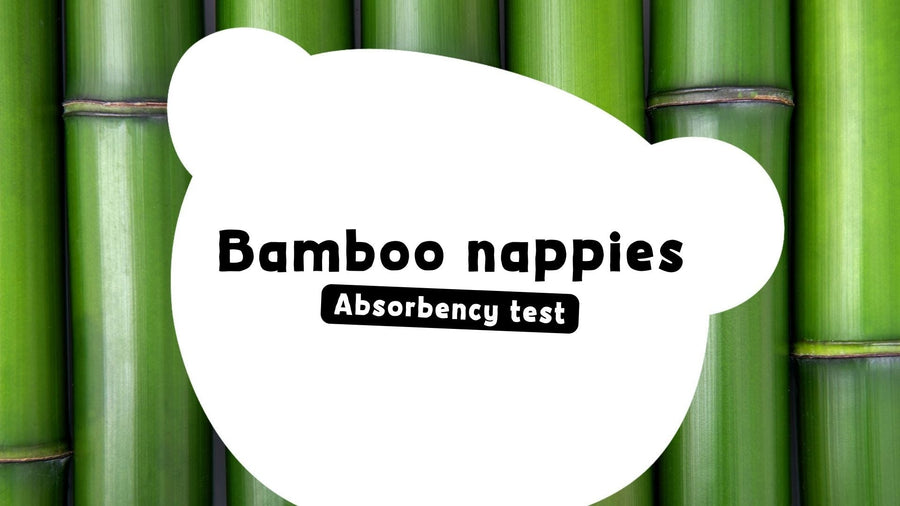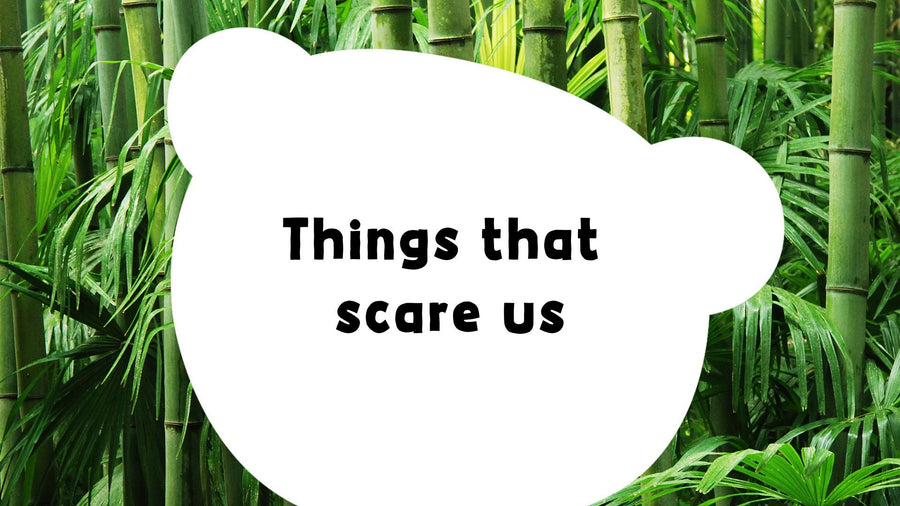Viscose is everywhere. It’s soft, breathable, and feels a lot like cotton or silk, which makes it popular in hygiene products like pads and pantyliners. The problem is, not all viscose is created equal.
Standard viscose often comes from wood pulp. If that wood isn’t from sustainable sources, it means deforestation, habitat loss, and biodiversity damage. The production process can also be extremely chemical and water intensive, leading to pollution in the areas where it’s made. In short, the environmental cost can be high.
Our bamboo viscose is different.
Source material: Bamboo is the fastest-growing plant on earth. It regenerates quickly after harvest, so no forests are destroyed and no ancient habitats are lost. All of our bamboo viscose is FSC 100% certified, which guarantees it comes from responsibly managed bamboo forests.
Processing methods: Producing viscose does involve chemicals. The difference is in how those chemicals are handled, depending on which materials are processed:

- In the bamboo viscose process (see diagram A), the steps are streamlined: bamboo pulp is crushed, treated with alkali, dissolved, filtered, spun, washed, dried, and packaged. It’s a clean, direct line from plant to fibre, with fewer interventions and lower chemical intensity.
- In the ordinary viscose process (see diagram B), things get messy. Wood pulp is pressed, crushed, aged, ground, cooled, dissolved, filtered, defoamed, xanthated, dissolved again, stretched, spun, crystallised, refined, oiled, dried, and packaged. The process loops back on itself multiple times, heavily relying on sodium hydroxide (NaOH) and recycling toxic carbon disulphide (CS₂). More steps, more chemicals, more risk of pollution.
The difference is black and white: bamboo viscose is simpler, cleaner, and lighter on the planet.
In addition, our bamboo viscose also carries a TESTEX Green Fibre Certificate, meaning the production process meets strict standards on pollution control, chemical safety, and sustainability. To top it off, the fibres are fully biodegradable, unlike the plastic-based fabrics still lurking in many pads.
This is why we choose TESTEX Green Fibre Certified bamboo viscose for our pads and pantyliners. It’s soft, strong, and safe – for you and for the planet. Unlike plastic-based fabrics, it breaks down naturally. Unlike standard viscose, it comes from a fast-renewing source and a cleaner process.
